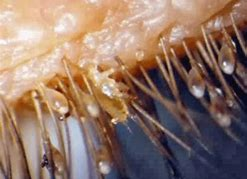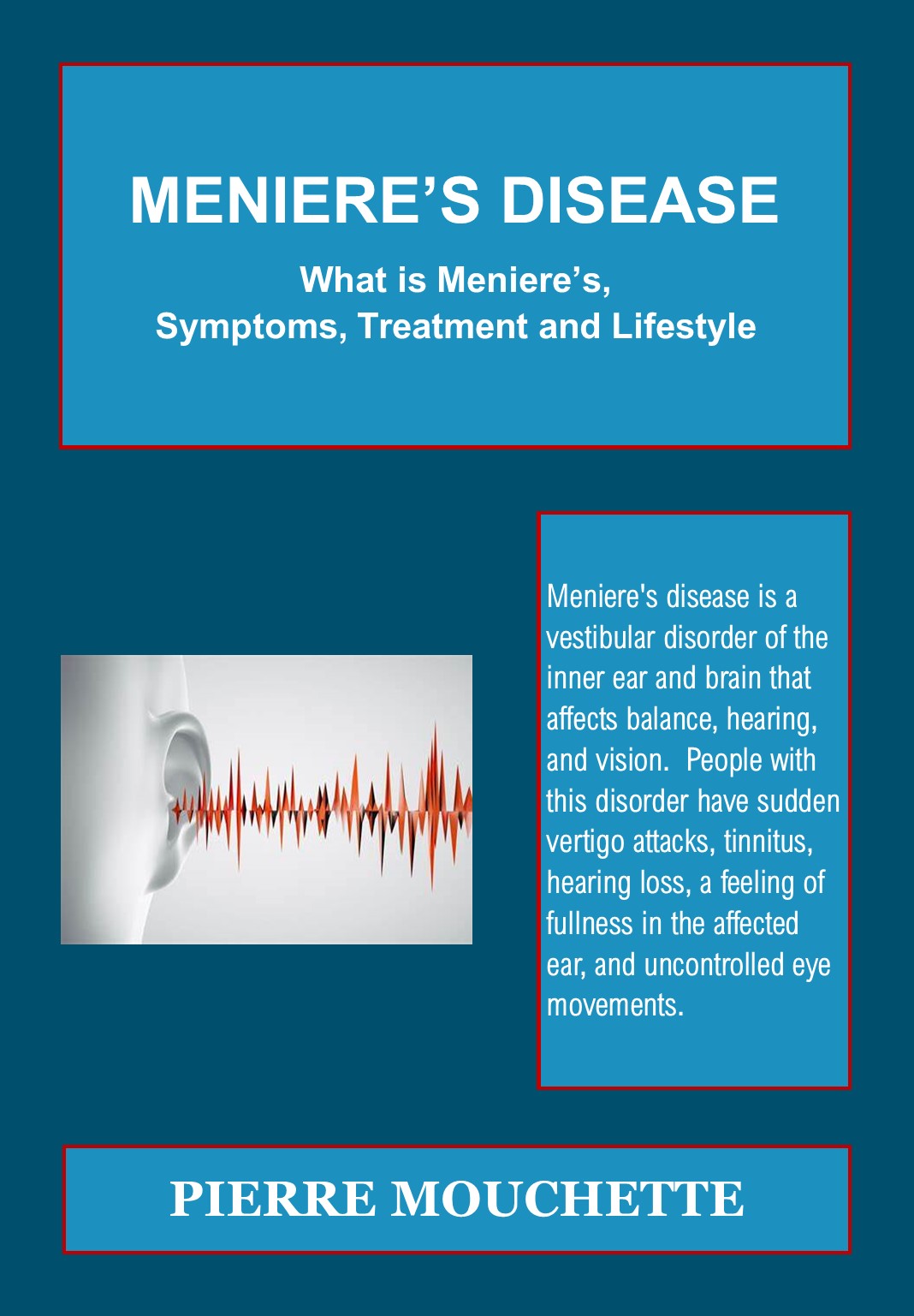THE SYNCHRONICITY INVESTOR
|
|
Eye Mites
By Pierre Mouchette | Bits-n-Pieces
The reality is that humans are infested with microbes. Bacteria, fungi, viruses, and more live within or on the human body and mostly coexist in a symbiotic relationship. This article focuses on the microorganism Demodex, commonly known as face mites.
Scientifically, Demodex is classified as: Kingdom/Animalia; Phylum/Arthropoda; Subphylum/Chelicerata; Class/Arachnida; Order/Trombidiformes; Family/Demodecidae; Genus/Demodex About Demodex They are a genus of tiny mites that live in or near the hair follicles of mammals. With approximately 65 known species of Demodex, only two species live on humans: Demodex folliculorum and Demodex brevis. Both are referred to as eyelash mites, face mites, or skin mites. Although millions of people have these mites, most do not know it. These mites spend most of their lives burried in hair follicles along the base and lid of eyelashes. The mites thrive on the natural oils produced by the body, especially the face, where they crawl, eat, and reproduce. They have a lifespan of approximately two weeks, but their offspring will continue the cycle. Demodex are most active while the host sleeps. Sound creepy? Admittedly, it is not a pleasant thought. But Demodex are harmless, and they do not bite. You will not feel them crawling or laying eggs (although they do both, which, again, is unpleasant to think about). However, Demodex can become a problem when they overpopulate and accumulate in high density, causing red-bumpy pimples, itchy skin, and dryness. Additionally, if you should develop itchy acne-like lesions, consult a dermatologist. Sometimes, an overgrowth of Demodex can lead to a condition called demodicosis, which are papules and pustules centered around the hair follicle. Where unlike acne or bacterial folliculitis, these lesions may not respond to antibiotics such as doxycycline or clindamycin, a consideration if your acne is not clearing up with antibiotics.
Note: it is thought that the Demodex mite can be a vector for the bacteria bacillus oleronius, which may induce the inflammation seen with this condition.
Demodicosis can be easily mistaken for acne, so consulting with your Dermatologist, is essential. If you have or think you have a problem, see a dermatologist as soon as you can get an appointment to treat this condition. The Dermatologist will develop a thorough treatment plan, including prescription medication.
Note: anyone can develop an overpopulation of face mites. However, those who are immunosuppressed may be at greater risk.
FAQs
Many people confuse eye mites with having dry or irritated eyes! Mites like ants live on the floor and are transferred to humans by:
|
NOW AVAILABLE
COMMING SOON
|
"At TSI, We Deliver a Higher Standard of Care"
Comments are closed.
Archives
May 2024
April 2024
March 2024
February 2024
January 2024
December 2023
November 2023
October 2023
September 2023
August 2023
July 2023
June 2023
May 2023
April 2023
March 2023
February 2023
January 2023
December 2022
November 2022
October 2022
September 2022
August 2022
July 2022
June 2022
May 2022
April 2022
March 2022
February 2022
January 2022
December 2021
October 2021
September 2021
August 2021
July 2021
May 2021
April 2021
February 2021
January 2021


